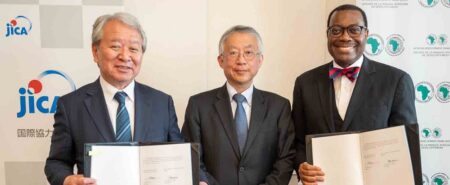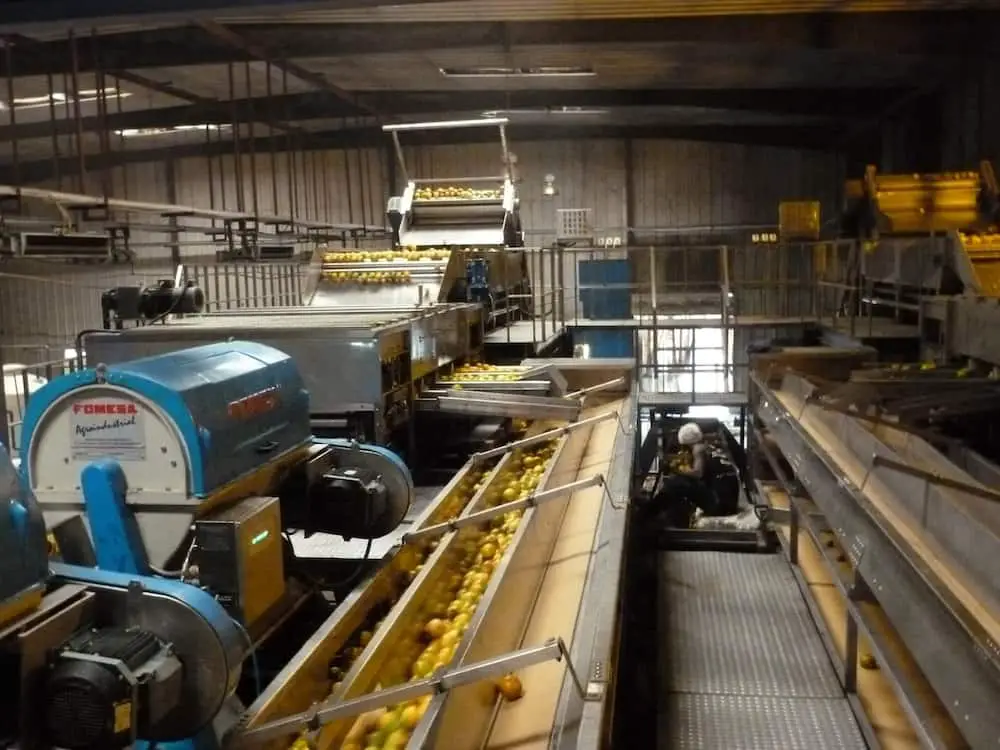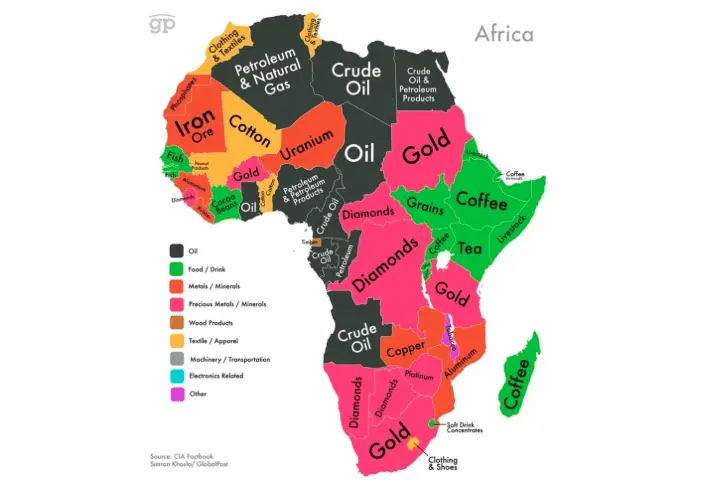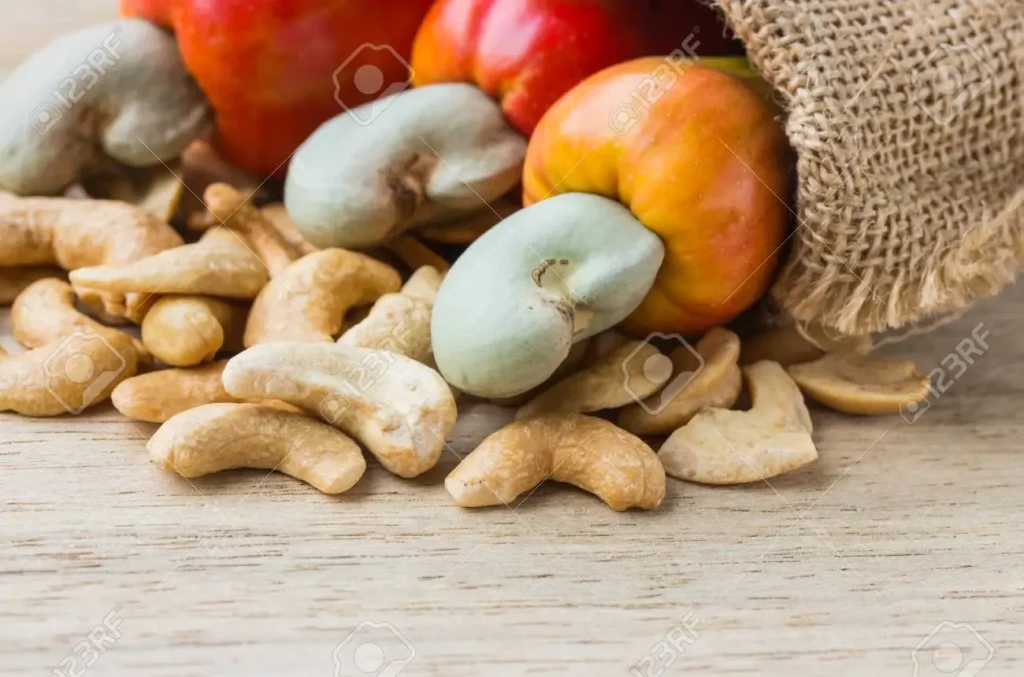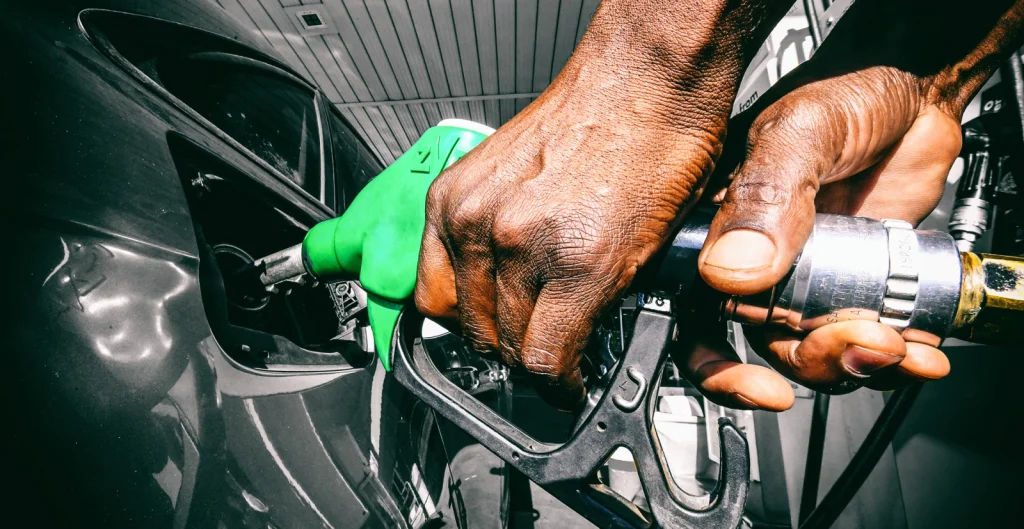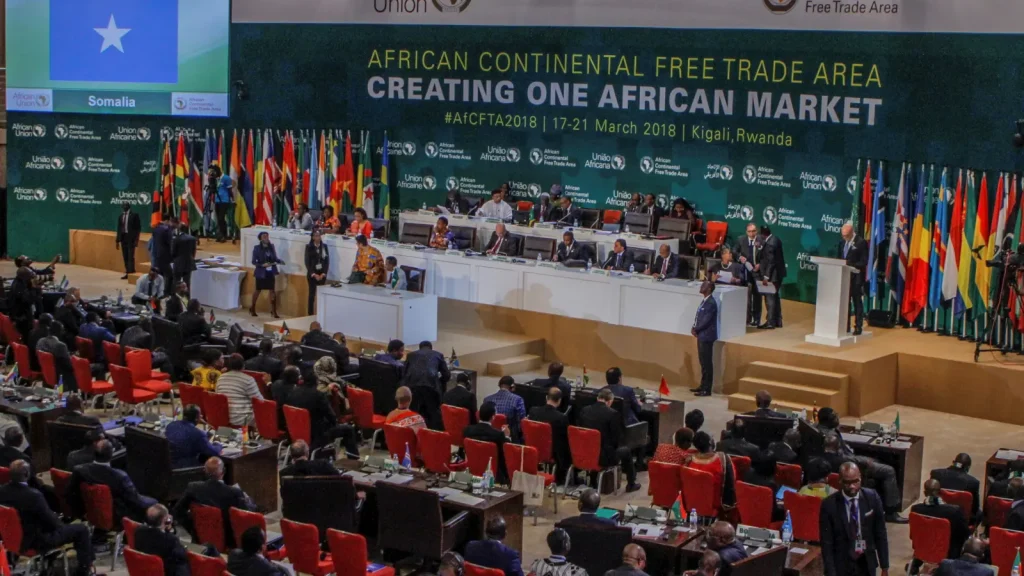- Africa’s new dawn: the rising role of digital and AI in agriculture
- Can Dangote Refinery Transform Africa Energy Ambition
- Gallup Survey: 80 per cent of Kenyan Workers Are Disengaged and Seek New Opportunities
- Madagascar Man Freed from 5KG Tumor After 15-Year Struggle
- How women in Africa are perceived and treated
- Sugar consumption in Kenya to Increase to 1.23 Million Tonnes
- Can Somalia and Turkey Oil deal Bring Change in Somaliland
- Remittances to Kenya dropped to $371.6 million in June, marking a six month low
Browsing: African Development Bank (AfDB)
- The project is billed to help African countries play catchup as the continent is still relatively behind when it comes to global consumer banking habits.
- The African Development Fund in partnership with Smart Africa Alliance will evaluate policy gaps in the digital trade and e-commerce ecosystems in selected countries that are lagging behind their counterparts in terms of digital trade and e-commerce adaptation.
- Data by the International Trade Administration (ITA) indicates that the continent is forecast to surpass half a billion e-commerce users by 2025.
The African Development Fund has partnered with Smart Africa Alliance to launch a $1.5 million project aimed at streamlining digital trade and e-commerce policies across 10 African countries.
In a project dubbed Institutional Support for Digital Payments and e-Commerce Policies for Cross-Border Trade (IDECT), the two institutions will evaluate policy gaps in the digital trade and e-commerce ecosystems in the selected countries that are lagging …
- African Development Bank tells Japanese investors putting their money in the continent is profitable.
- Japan’s Foreign Direct Investments in Africa declined from $10 billion in 2016 to just $4.7 billion in 2020 during Covid-19, before picking up to $6 billion in 2021.
- According to AfDB, Africa accounts for only 0.003 percent of Japan’s $2 trillion global Foreign Direct Investments.
- Japan’s Prime Minister Fumio Kishida announced during the TICAD 8 Summit in Tunis last year $30 billion for Africa, including support for startups.
Africa is keen to increase Japanese investment in the continent, the African Development Bank (AfDB) has indicated amid growing interest from other countries including China, Europe and the US.
The move comes after a slump in Japan’s Foreign Direct Investments (FDIs) in Africa, which declined from $10 billion in 2016 to just $4.7 billion in 2020 during Covid-19, before picking to $6 billion in 2021.
According to AfDB, …
Ghana competes in the global economy primarily using natural resources. Other than the usual exports of cocoa, gold, lumber, and crude oil, Ghana has a competitive advantage in numerous product categories. Increasing the proportion of high-income commodities in the export basket hastens economic transition.
The opportunity is providing better, economically advantageous items to regional and worldwide markets. Cocoa processing, wood processing, aluminium products, palm oil, food and agro-processing, and fish processing are examples of manufacturing sub-sectors that fit these two requirements.
Manufacturing subsectors that capture considerable proportions of manufacturing value-added, such as food and drinks, chemicals, and textiles, have significant technology, knowledge, and skills inherent in them. These assets can be used to produce additional goods within the sub-sector or even outside of it. It is also easier to go up the value chain after you have mastered relevant technologies and markets.…
One of the features of many countries that are endowed with abundant natural resources is that they save less than what is expected, considering the rents obtained from extracting and selling natural resources.
If the countries saved more, they would grow at a sustainable and faster rate. To gain a better understanding of sustainable development, it is useful to examine the concept of genuine saving.
Genuine saving is defined as public and private saving at home and abroad, net of depreciation, plus current spending on education to capture changes in intangible human capital, minus depletion of natural exhaustible and renewable resources, minus damage of stock pollutants (CO2 and particulate matter).…
There are increasingly more and more ‘outbreaks’ of non-communicable diseases in Africa and more so in sub-Saharan Africa.
These lifestyle ailments are ironically a symbol of increasing income among the population. As more and more African countries rise from low-income to middle-income status, statistics show a correlation with the rising number of people suffering from non-communicable diseases.
The reason is simple; when you rise in income, people do not increase their eating of the vitamin-rich greens they used to eat when they could not afford unhealthy but yet prestigious red meat; no, they change their diet to gabble up the ‘rich man’ foods, unwittingly damaging their health.
A local paper puts it into perspective; ‘People’s eating habits are shifting from food rich in starchy staples, vegetables and fruits to a more westernized diet high in sugar, saturated fats and oils’ the recipe for non-communicable diseases.
The troubling fact is that …
On the backdrop of increasing global demand for cashew nuts, the government of Tanzania is now subsidizing agro-inputs for farmers of the crop.
According to global market trends, demand for edible cashews is on a drastic rise riding on the back of increased consumer consciousness of the nut’s high nutrient value. Cashews are consumed whole as a snack but due to the increased market response to its high nutrient value, producers are now increasing their value chain through various products.
- Tanzania issues free agro-inputs to cashew nut farmers
- The world cashew market growing rapidly
- China government launches national campaign for daily consumption of nuts
Cashews can nowadays be found in almost all of your daily treats in energy bars, cookies, chocolates, and even ice creams. Grown across several continents, demand for cashew is highest in Asia where it is used as the main ingredient in various dishes as well as …
- Fuel price rise across EAC
- National Assembly hears public outcry on the rising cost of living
- Governments working on solutions to lower fuel prices
Prices of essentials are increasing rapidly across the East Africa Community (EAC) from basic home needs like food and water to fuel and transportation, inflation has hit the region hard.
According to the Tanzania National Bureau of Statistics (NBS), the cost of food in Tanzania increased 6.60 percent in April of 2022 over the same month in the previous year.
NBS also contends that the country’s Annual Headline Inflation Rate for the month of April, 2022 increased to 3.8% from 3.6% recorded in March 2022.
According to NBS, Headline Inflation Rate measures inflation when all items in the fixed Consumer Price Index (CPI) basket are included.
“The increase of headline inflation explains that the speed of price change for commodities for the year ended April 2022 …
- AfCFTA testing new tool to measure ease of trade among African countries
- Early test results indicate major gender parity issues
- AfCFTA secretariat to seek national policy change to ease cross border trade
So you wish to invest in Africa, with 51 countries to choose from, what factors are going to guide your decision? Once you have overcome that huddle, comes another matter to address and that is ‘how easy is it to do businesses between said African countries?’
The second part of the question is what we will focus on here, how easy is it to do business between and among various African countries.’ There already exist several trading blocs and free trade zones etc and finally the largest of them all the African Continental Free Trade Area (AfCFTA) has finally been passed and is in action.
So what does this mean for investors, for businesses seeking to trade between …
In September last year, the government started making quarterly token payments of $100,000 to each of the 16 Paris Club creditors as it sought ways to extinguish the mounting debt.
As of the end of May, Zimbabwe had made $8 million in token payments to multilateral banks and $4.8 million to the Paris Club creditors.
The article added that Zimbabwe is already defaulting on active loans from China, which is affecting the disbursement of funds for ongoing projects, the debt management office said in the report.…
The African Development Bank (AfDB)’s Board of Directors has approved the establishment of the African Pharmaceutical Technology Foundation, a new ground-breaking institution that will significantly enhance Africa’s access to the technologies that underpin the manufacture of medicines, vaccines, and other pharmaceutical products.
Africa has great potential for drug discovery. The continent has natural resources, indigenous knowledge, and human capacity
AfDB Group President, Dr. Akinwumi Adesina said: “This is a great development for Africa. Africa must have a health defence system, which must include three major areas: revamping Africa’s pharmaceutical industry, building Africa’s vaccine manufacturing capacity, and building Africa’s quality healthcare infrastructure.”
The World Trade Organization and the World Health Organization, respectively, also welcomed and lauded the AfDB’s decision to establish the African Pharmaceutical Technology Foundation.…






